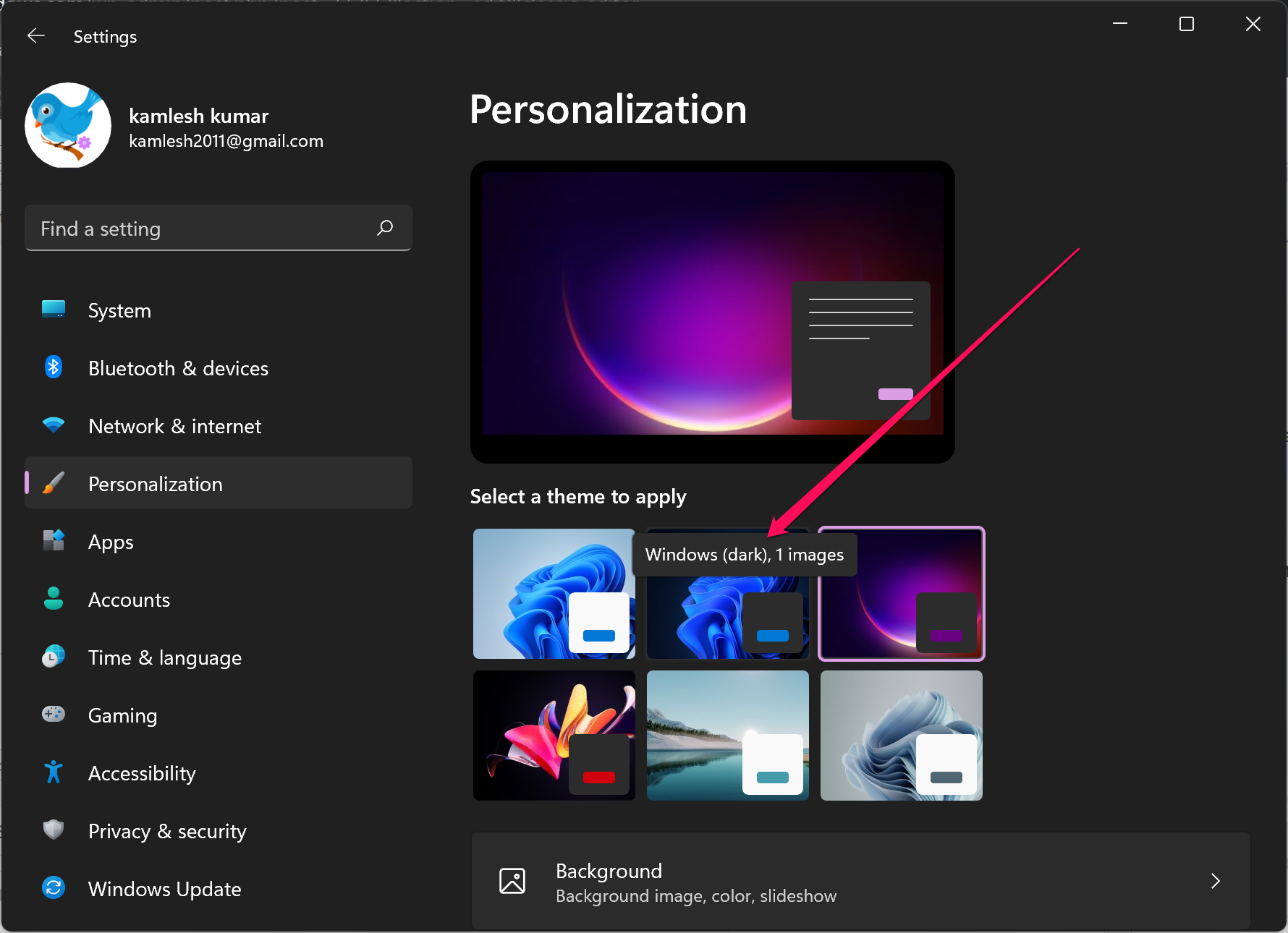Artificial Intelligence (AI) is transforming industries and becoming an integral part of our daily lives. For students, understanding AI is no longer optional—it’s essential. Whether you’re in high school or college, starting your AI journey now can open doors to exciting opportunities.
This comprehensive guide will walk you through the steps to get started with AI, providing practical advice, resources, and insights to help you navigate this dynamic field.
Step 1: Understand What AI Is
Before diving into complex algorithms or coding, it’s crucial to grasp the basics of AI. AI involves creating systems that can perform tasks typically requiring human intelligence, such as learning, reasoning, problem-solving, and understanding language.
Recommended Resources:
- Elements of AI: A free online course designed for beginners, offering a clear introduction to AI concepts without requiring a technical background.
- AI for Everyone by Andrew Ng: This Coursera course provides a non-technical overview of AI, its applications, and implications.
Step 2: Learn the Fundamentals of Programming
Programming is a foundational skill in AI. Python is widely used in AI development due to its simplicity and the availability of powerful libraries.
Getting Started with Python:
- Python.org: Official Python documentation and tutorials.
- Codecademy’s Python Course: An interactive platform to learn Python basics.
- Automate the Boring Stuff with Python: A practical book and online resource for beginners.
As one Reddit user advises, “Start with Python tutorials for beginners; many AI libraries work nicely with Python.
Step 3: Build a Strong Foundation in Mathematics
AI relies heavily on mathematical concepts. Understanding the following areas will enhance your ability to grasp AI algorithms:
- Linear Algebra: Vectors, matrices, and operations.
- Calculus: Derivatives and integrals, especially for optimization.
- Probability and Statistics: Understanding data distributions and statistical measures.
Learning Resources:
- Khan Academy: Offers comprehensive courses in math topics relevant to AI.
- MIT OpenCourseWare: Provides free course materials on various math subjects.
A Reddit user emphasizes, “Start with engineering first principles: algebra, calculus, linear algebra, probability theory, discrete math, statistics.
Step 4: Explore AI Concepts and Techniques
Once you have a grasp of programming and math, delve into core AI topics:
- Machine Learning (ML): Algorithms that allow computers to learn from data.
- Deep Learning: A subset of ML involving neural networks with multiple layers.
- Natural Language Processing (NLP): Enables machines to understand and respond to human language.
- Computer Vision: Techniques that allow computers to interpret visual information.
Recommended Courses:
- Machine Learning by Andrew Ng: A comprehensive introduction to ML.
- AI for Beginners by Microsoft: A 12-week curriculum covering various AI topics.
Step 5: Engage in Hands-On Projects
Applying your knowledge through projects solidifies learning and demonstrates your skills.
Project Ideas:
- Chatbots: Create a simple chatbot using Python libraries like NLTK or spaCy.
- Image Recognition: Build a model to classify images using TensorFlow or PyTorch.
- Data Analysis: Analyze datasets to find patterns or make predictions.
Platforms for Practice:
- Kaggle: Offers datasets and competitions to practice data science and ML.
- GitHub: Explore open-source AI projects and contribute to them.
As one Redditor suggests, “Code small projects. This is good for CS in general.”
Step 6: Join AI Communities and Stay Updated
Engaging with communities keeps you informed and motivated.
Online Communities:
- Reddit r/ArtificialIntelligence: Discussions on AI trends and questions.
- AI Stack Exchange: Q&A platform for AI topics.
- LinkedIn Groups: Join AI-focused groups for networking.
Stay Informed:
- [AI Newsletters: Subscribe to newsletters like “The Batch” by Andrew Ng for weekly AI updates.
- [Podcasts: Listen to AI-related podcasts to hear from experts in the field.
Step 7: Consider Formal Education and Certifications
While self-learning is valuable, formal education can provide structured learning and credentials.
Options:
- University Courses: Many universities offer AI courses and degrees.
- Online Certifications: Platforms like Coursera, edX, and Udacity offer certificates in AI.
- Bootcamps: Intensive programs focused on practical skills in AI.
Certifications can enhance your resume and demonstrate your commitment to learning AI.
Step 8: Apply AI Ethically and Responsibly
Understanding the ethical implications of AI is crucial. As AI becomes more integrated into society, considerations around bias, privacy, and impact on employment are essential.
Learn About AI Ethics:
- [AI Ethics Courses: Explore courses that focus on the ethical aspects of AI.
- [Read Articles: Stay informed about current discussions on AI ethics in reputable publications.
A family teaching their children about AI emphasizes using it as a tool, not a crutch, highlighting the importance of responsible usage.
Conclusion
Embarking on your AI journey as a student is both exciting and rewarding. By understanding the basics, learning programming and math, exploring AI concepts, engaging in projects, and staying connected with communities, you’ll build a solid foundation. Remember to approach AI with curiosity and responsibility, considering its broader impact on society.





